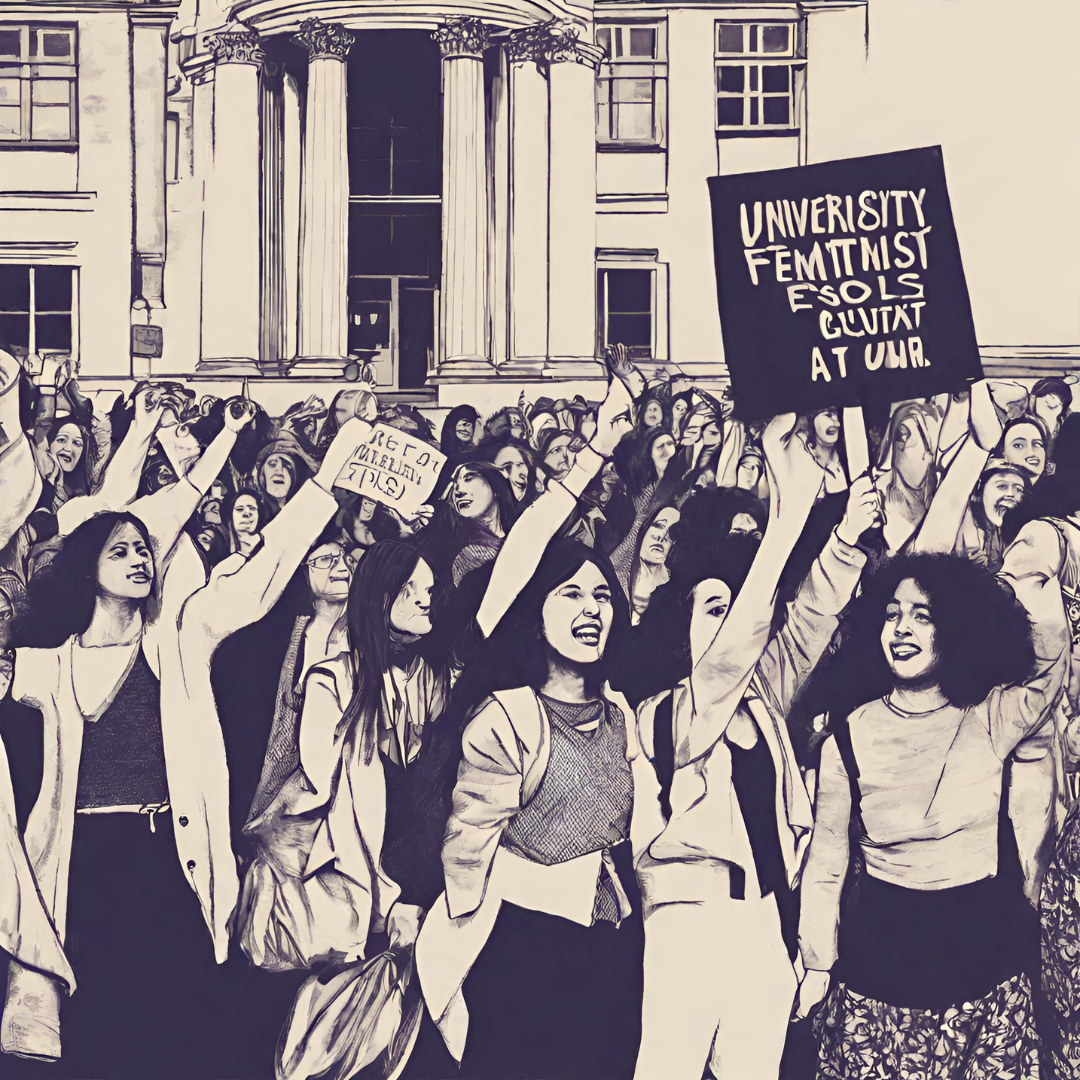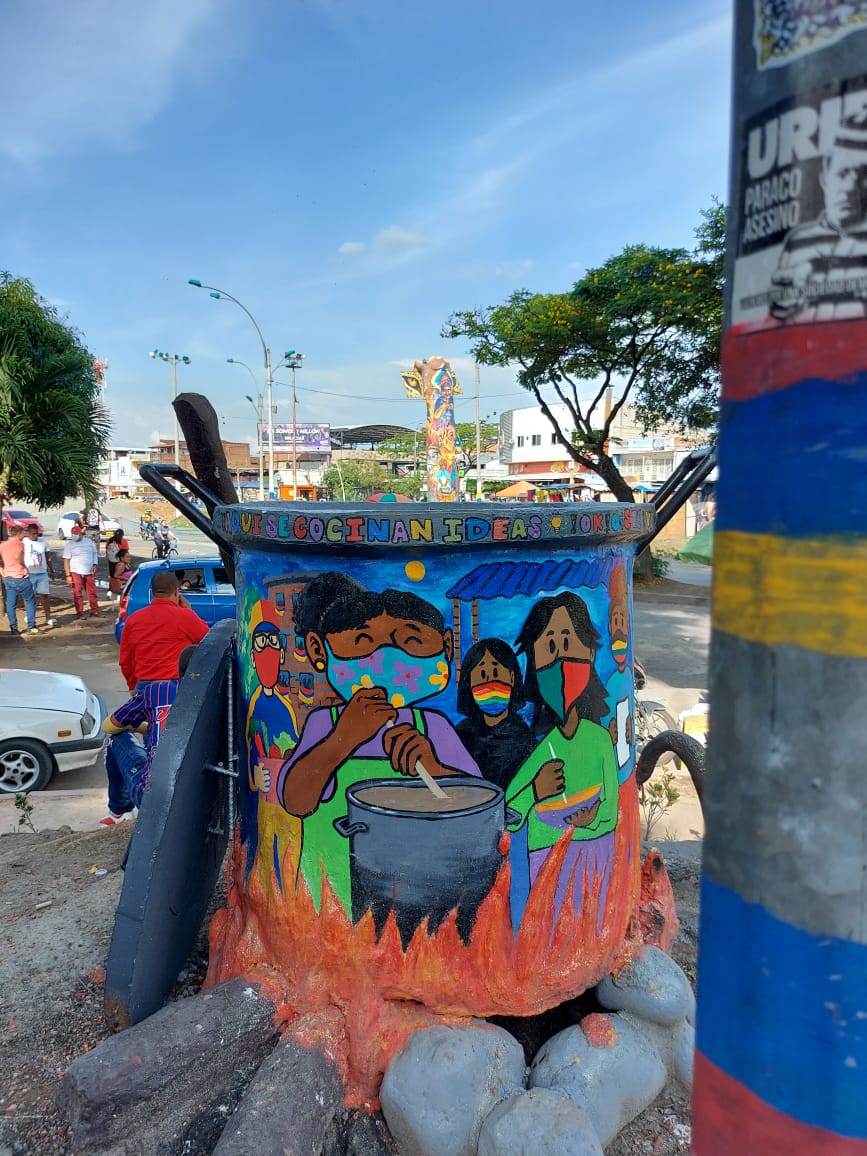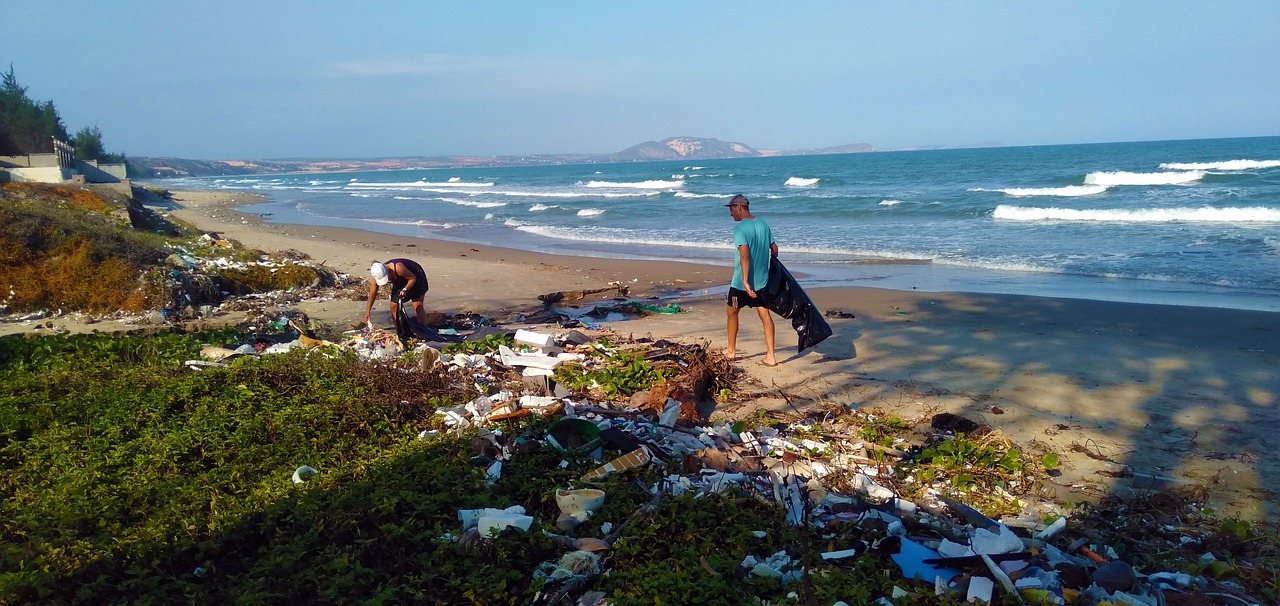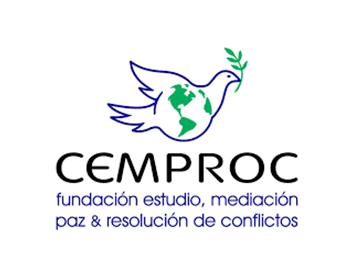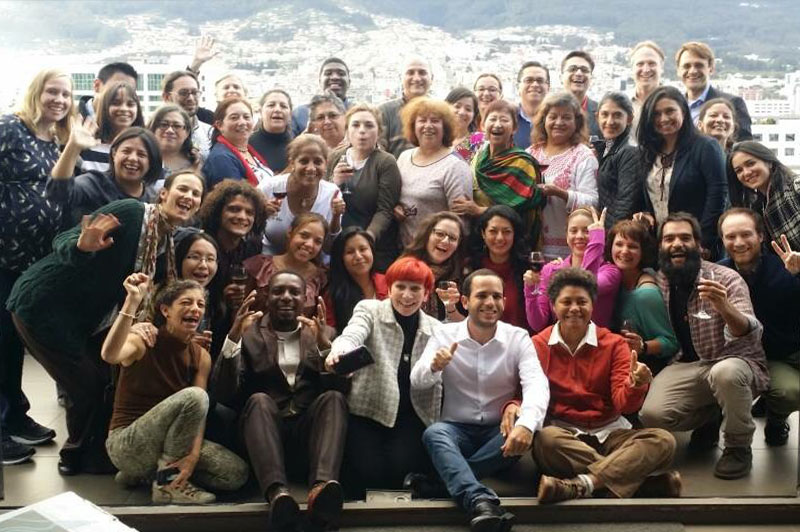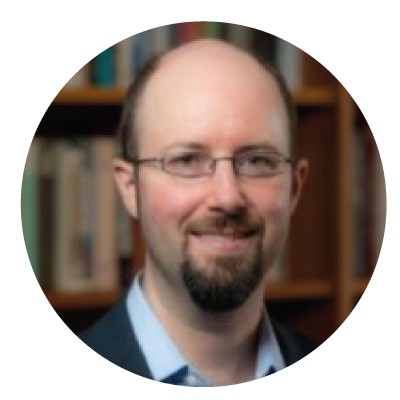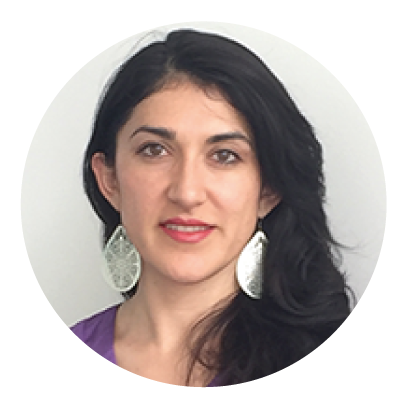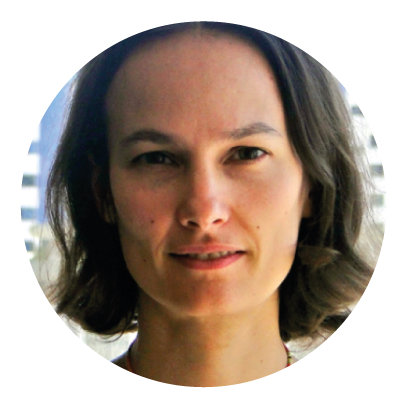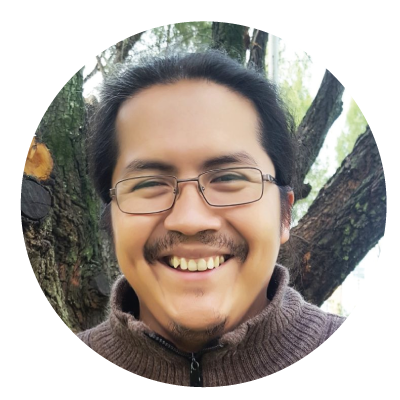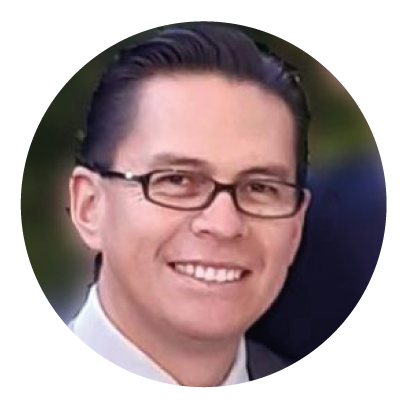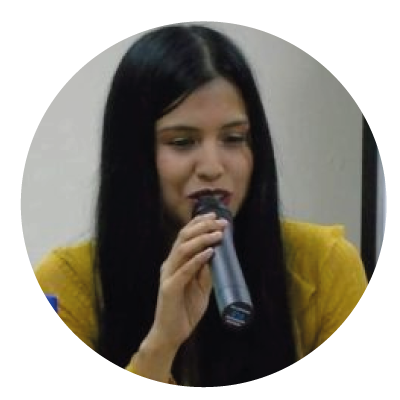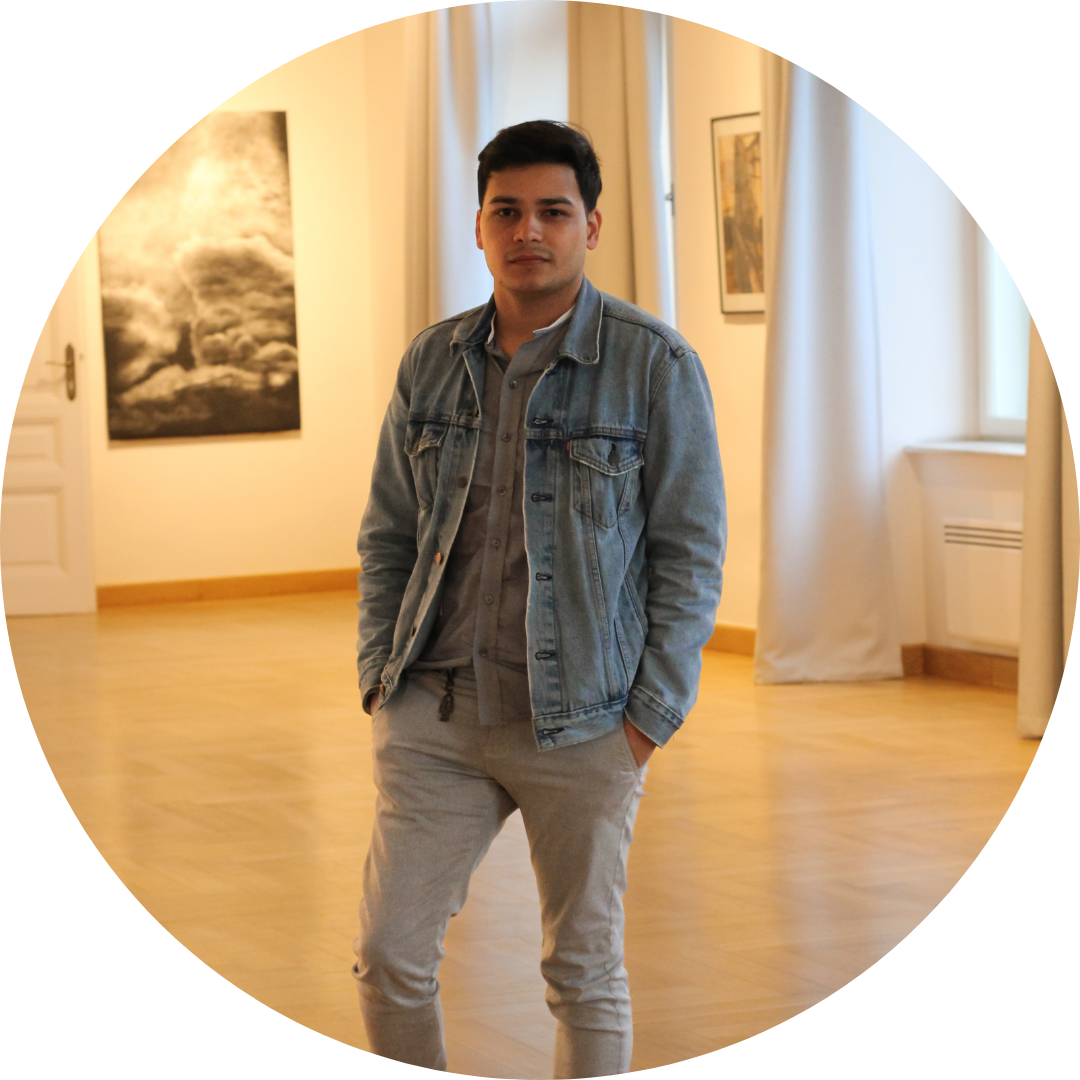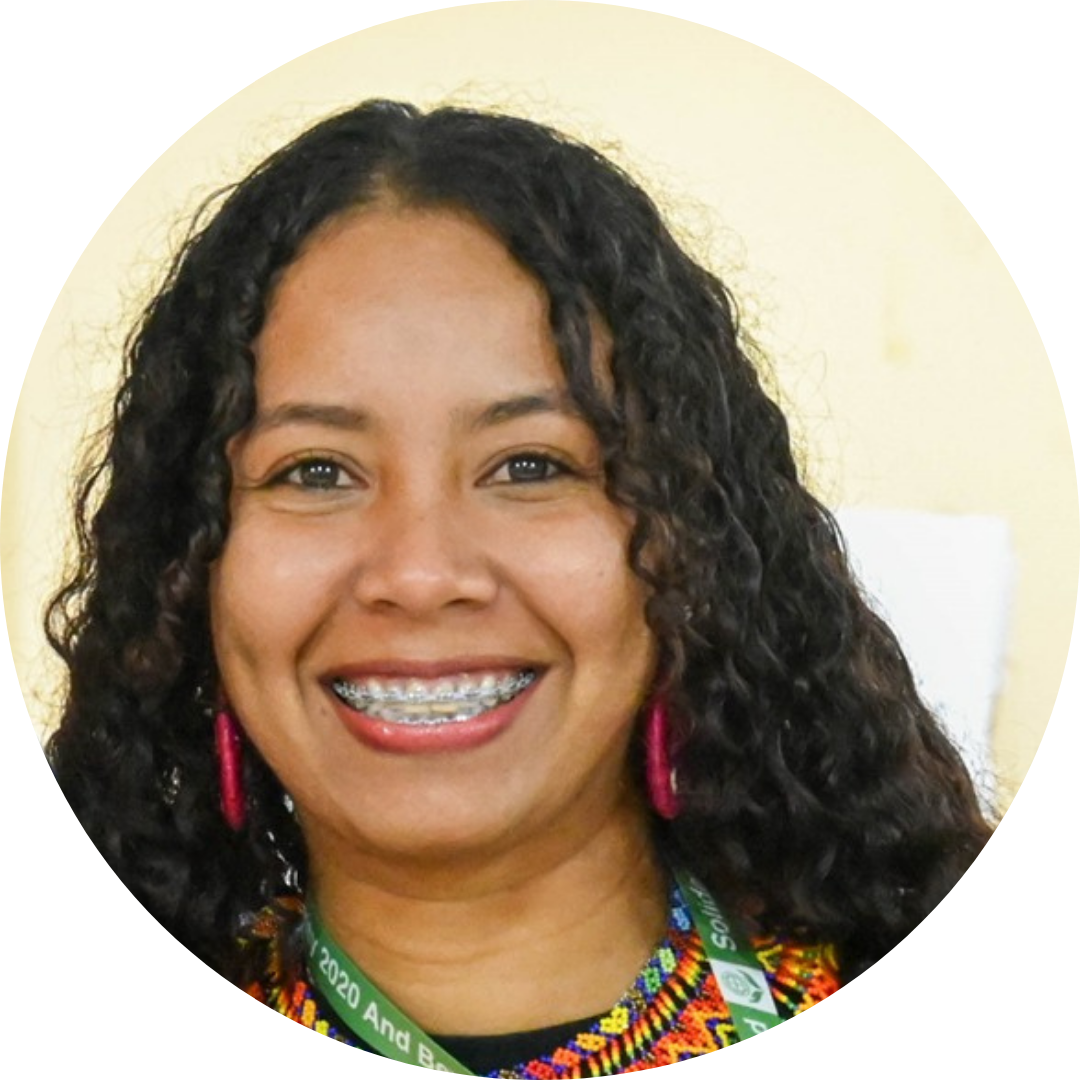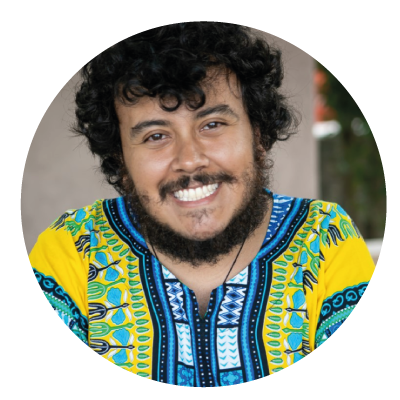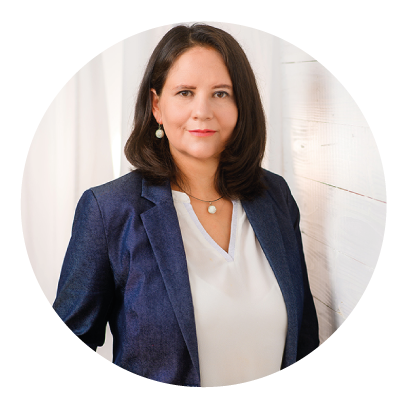
María Belén Garrido (Ecuador)
GENERAL DIRECTOR Y FACILITATOR
She is a doctor from the Catholic University of Eichstätt/Ingolstadt, visiting professor and member of the peace and conflict research group at FLACSO,Ecuador. She has several publications on civil resistance movements in the context of armed conflict and hybrid democracies. She has facilitated training programs in various areas such as nonviolent communication, conflict resolution, and civil resistance actions.
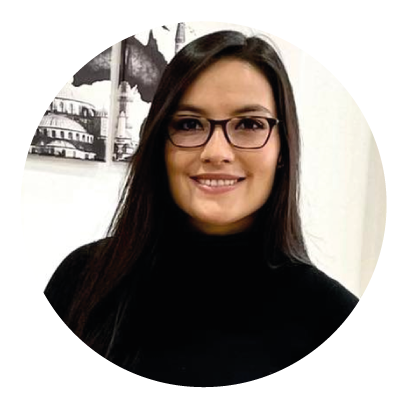
Pryanka Peñafiel Cevallos (Ecuador)
Coordinator y Facilitator
She is coordinator of the Regional Institute on the Study and Practice of Strategic Nonviolent Action in the Americas. She holds a Master’s degree in International Relations from FLACSO Ecuador and is a doctoral student at the University of Massachusetts, Boston.

